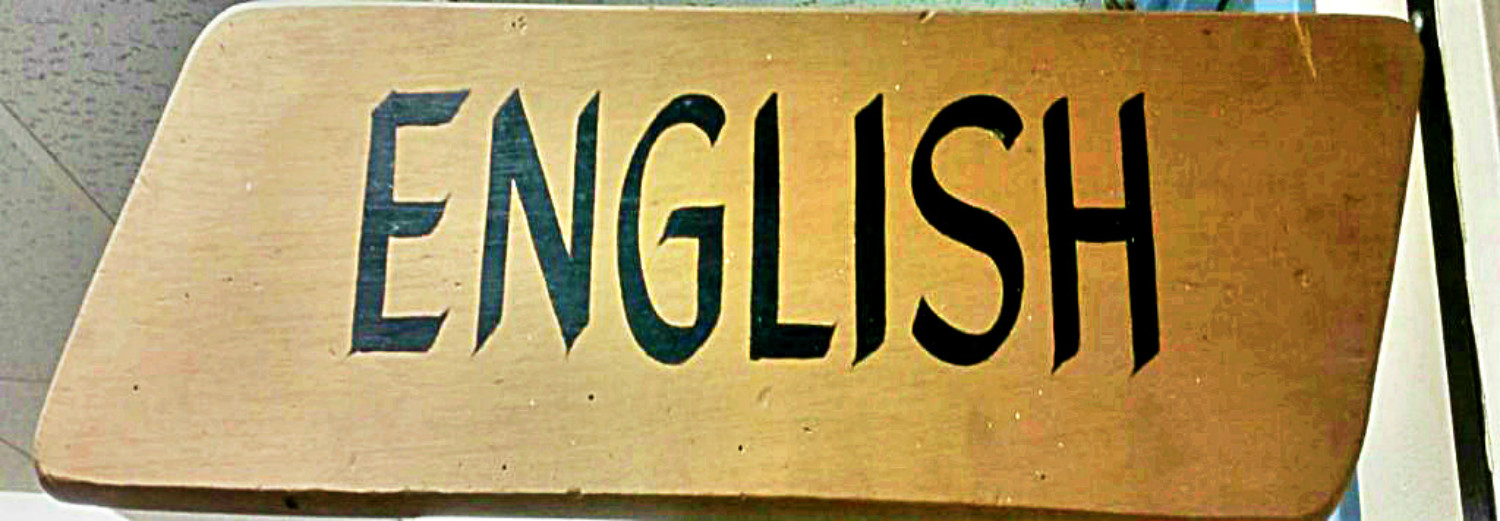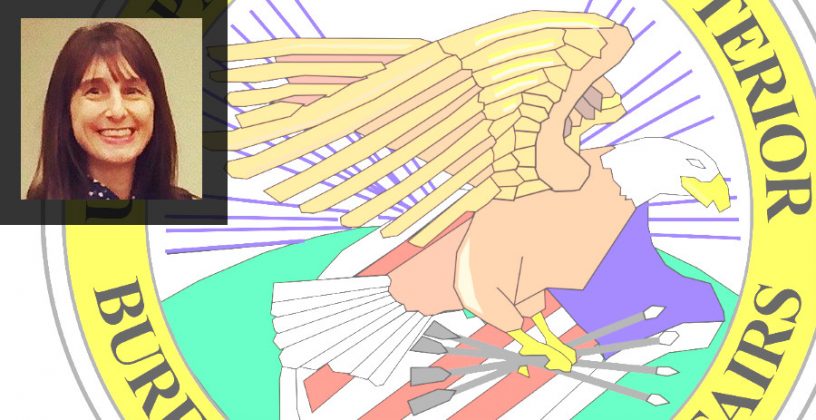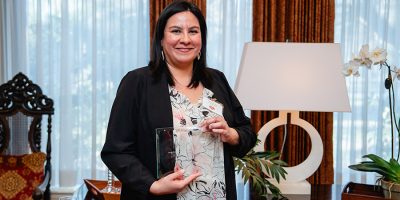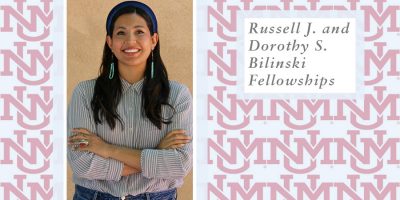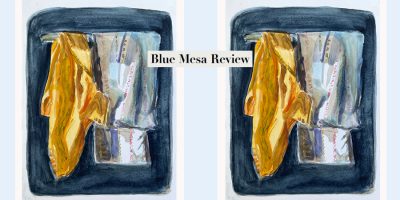Julie Newmark recently received the Conference on College Composition and Communication’s (CCCC) Emergent Research Grant to support National Archives research for her project, “Reports of Agency: Retrieving Indigenous Professional Communication in Indian Bureau Agency Documents, 1902-1916.” This CCCC/NCTE grant will be used to fund archival research at the National Archives at Denver focusing on indigenous activist, former Indian Bureau employee, and legal agent Raymond Bonnin (Yankton Dakota 1880-1942). From this article, Newmark will build towards her second book-length project, which will examine the defiant document-creation practices of a cohort of indigenous activists who worked as government employees –indeed, as professional writers–within the federal Indian Bureau. Newmark will be formally announced as a recipient of the grant at the 2017 CCCC Annual Convention in Portland, Oregon, during the Awards Session on Friday, March 17.
The CCCC Emergent Research/er Awards are intended to reward and support early stage research, early career researchers, and writing faculty and instructors who have not had the opportunity to engage in funded research or do not have support for research within their institutions. The Emergent Research/er Awards are intended to contribute to CCCC’s efforts for the organization and its members to become a clear, trusted public voice on issues of writing and writing instruction. The CCCC invites proposals for projects that can contribute to or affect discussions about literacy and writing instruction in and out of formal education. The initiative also asks recipients to clearly address the impact their research might have on these conversations, conveying the implications of their work in at least two final products: one that is addressed to a scholarly audience of researchers and teachers in the field and one that is addressed to a specifically identified more public audience.The CCCC seeks proposals for research that employ diverse perspectives and methodologies, including historical, archival, rhetorical, qualitative, quantitative, ethnographic, and textual.
